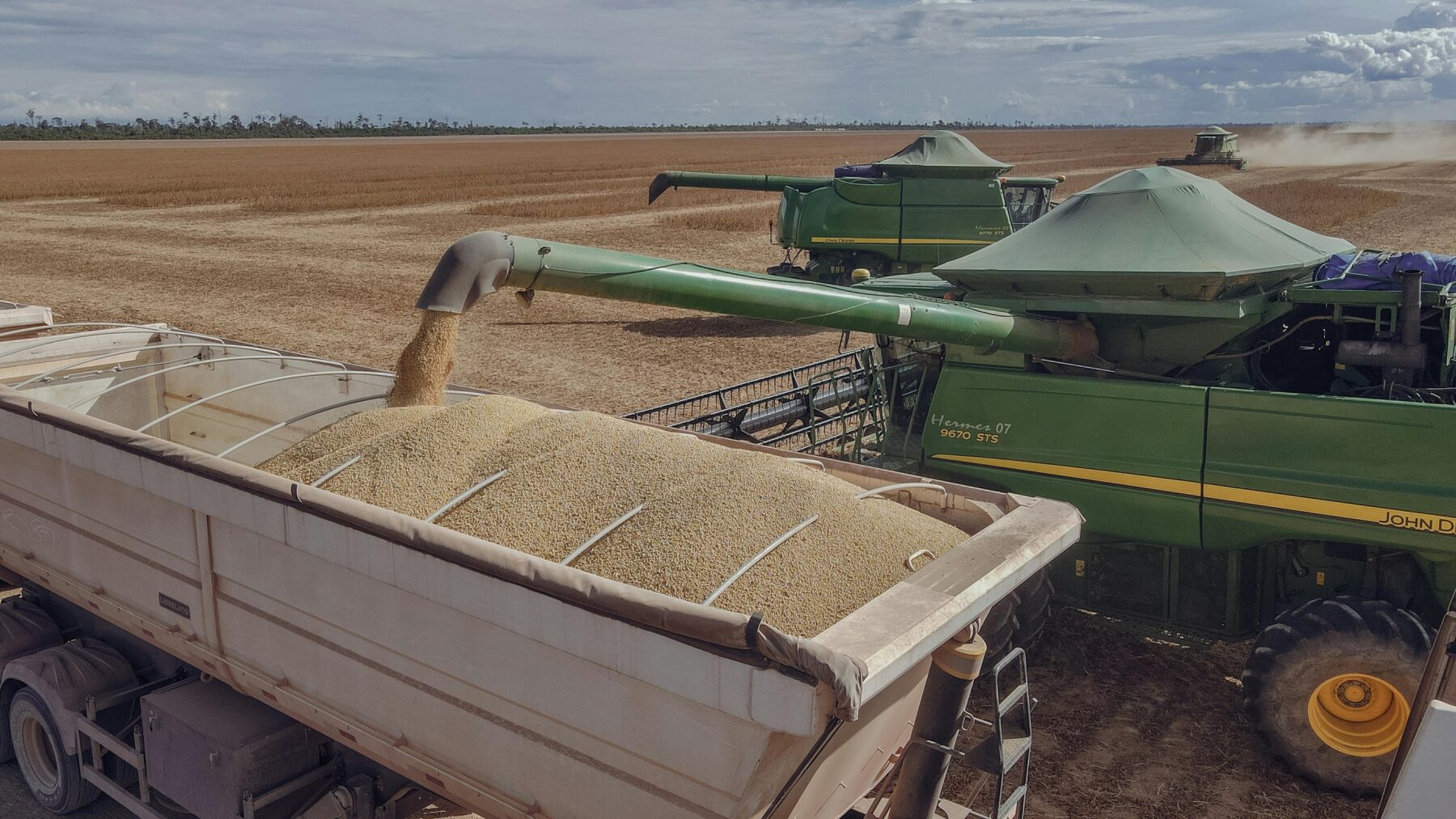Ensuring Traceability in Soya: Meeting the Challenges of EUDR

Soya beans are a crucial global commodity, widely used in animal feed, food production, and biofuels. However, their cultivation has contributed to deforestation, particularly in South America. In response, the European Union Deforestation Regulation (EUDR) requires businesses to ensure that soya entering the EU market is deforestation-free and traceable.
The EUDR, adopted in 2023, applies to commodities driving deforestation, including soyabeans. Companies selling soya within the EU must provide proof of sustainability, ensuring that their supply chains do not contribute to environmental damage.
Key EUDR Requirements for Soyabean Producers and Traders
- Deforestation-Free Supply Chains – Soya must not originate from land cleared after December 31, 2020.
- Traceability Measures – Companies must provide geolocation data for all soyabean shipments.
- Due Diligence Obligations – Businesses must conduct risk assessments and verify compliance.
- Implementation Deadlines – Large and medium-sized companies must comply by 30th December 2025, while small enterprises have until 30th June 2026.
Why Is Soyabean Production a Concern?
The continent of America accounts for more than 93 percent of the world’s soybean production. Brazil is the largest soyabean producer accounting for a significant share of global production followed by the United States producing millions of metric tons annually. Other high-volume producing countries include Argentina, Canada, Russia, Paraguay, and Bolivia, with China and India primarily growing for their own markets.
The global soyabean industry has faced criticism for its role in deforestation and carbon emissions. Such environmental impacts include forest loss, resulting from large-scale soyabean farming which has led to widespread deforestation, biodiversity threats and contribution to climate change.
How Businesses Can Prepare for EUDR Compliance
With the EUDR enforcement approaching, businesses must take proactive steps:
- Conduct Supply Chain Audits – Ensure raw materials meet deforestation-free criteria.
- Engage with Sustainable Suppliers – Work with certified farms and producers.
- Consumer Awareness – Educating buyers about sustainable soya choices.
- Certifications – Partnering with organisations to ensure ethical sourcing and traceability.
How can Bia Analytical help?
The EUDR marks a turning point for the soyabean industry, pushing companies to adopt responsible sourcing and protect the planet’s forests. As enforcement approaches, businesses must act now to align with sustainability standards while ensuring compliance with EU regulations.
At Bia Analytical, we are actively developing a rapid test solution using spectroscopy and chemometrics, to identify the origin of soyabeans, to help businesses align with the new regulations.
Once fully developed, these technologies can help businesses comply with EUDR regulations, providing geolocation data, supporting due diligence, ensuring ultimate traceability and promoting sustainable farming practices, all at the point of sampling.
For more information, please see our Youtube Video